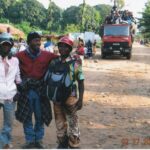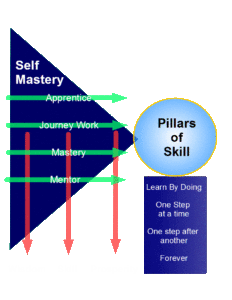Our History
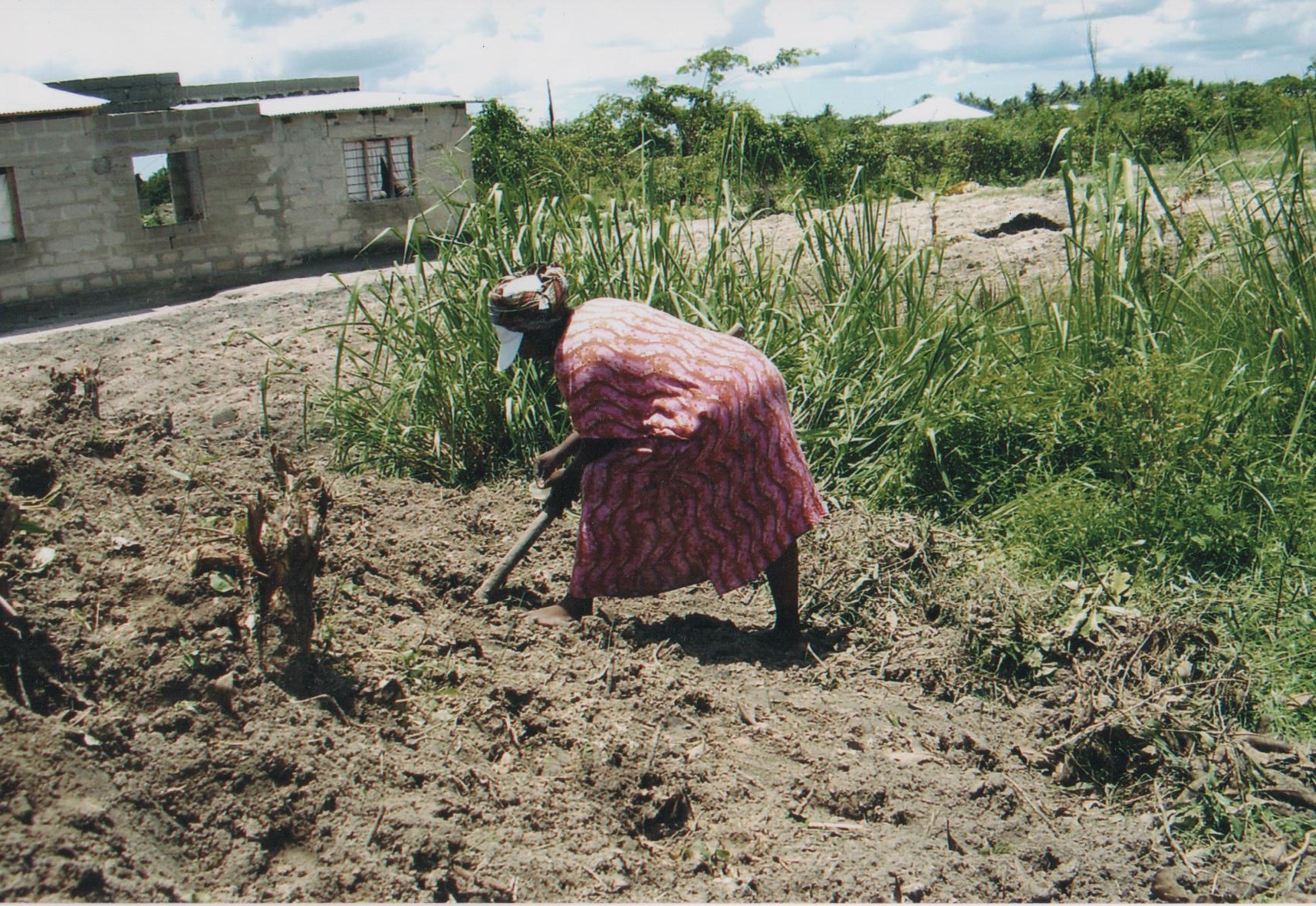 It has been 116 years since King Leopold of Belgium invaded the Congo and made the country and its inhabitants his personal property. The cruelty and violence of that campaign led Joseph Conrad to describe this violation of human dignity as the “Heart of Darkness.” It is a wound that has not healed for the Congolese people.
It has been 116 years since King Leopold of Belgium invaded the Congo and made the country and its inhabitants his personal property. The cruelty and violence of that campaign led Joseph Conrad to describe this violation of human dignity as the “Heart of Darkness.” It is a wound that has not healed for the Congolese people.
In 2012, Jeffrey Gettleman, East Africa Bureau Chief for The New York Times wrote,
"Congo has become a never-ending nightmare, one of the bloodiest conflicts since World War II, with more than five million dead. It seems incomprehensible that the biggest country in sub-Saharan Africa and on paper one of the richest, teeming with copper, diamonds and gold, vast farmlands of spectacular fertility and enough hydropower to light up the continent, is now one of the poorest, most hopeless nations on earth. Unfortunately, there are no promising solutions within grasp, or even within sight."
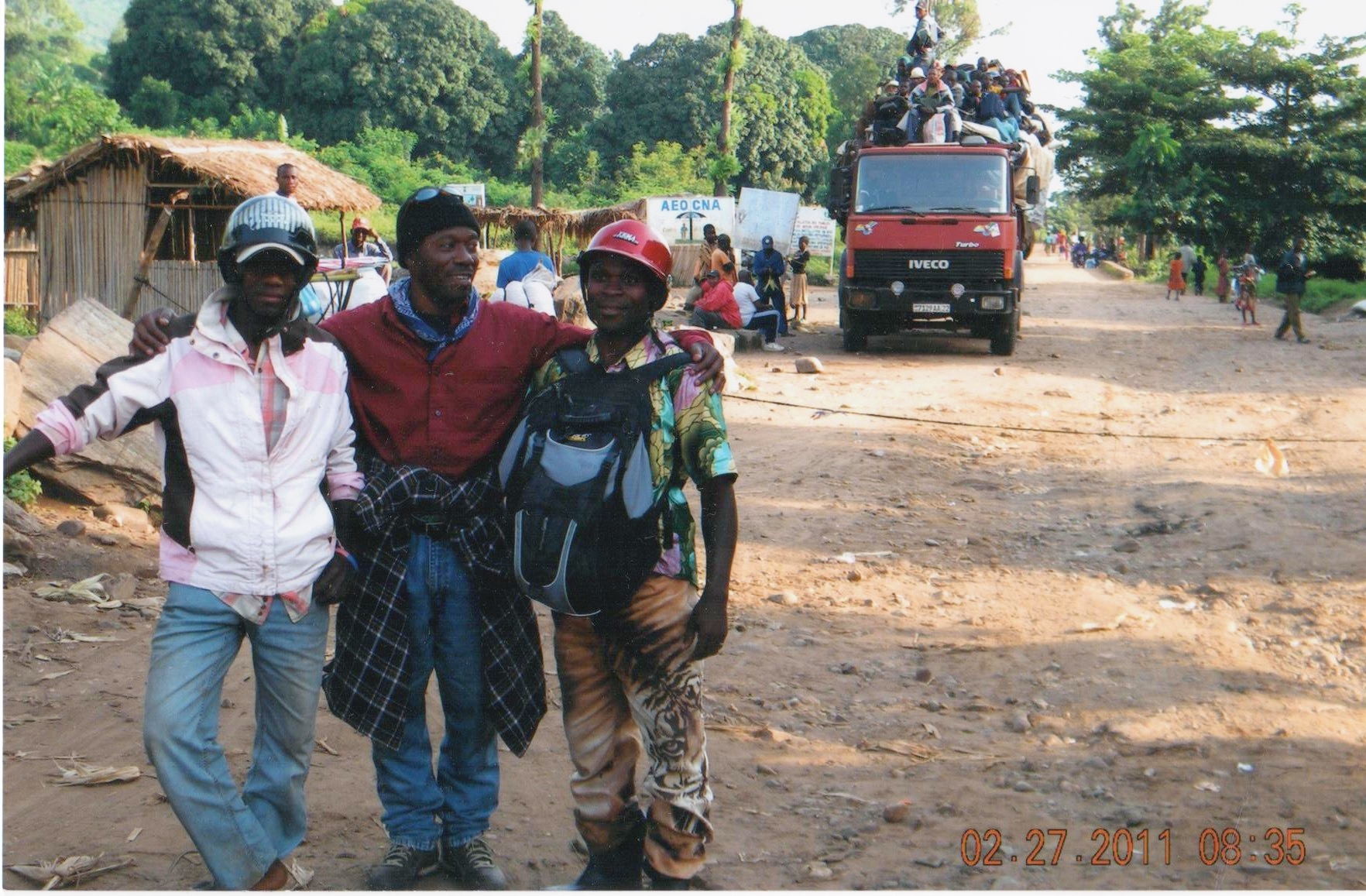 Yet a promising solution IS in sight. Born of the faith and vision of Mwenebitu Lupande, a pastor and leader of African refugees in the United States, Makimbilio was created to build a self-sustaining and replicable community. A community where education, health, economic opportunity,and agricultural development with a foundation of Christian values will nurture dignity, respect, and hope for his homeland.
Yet a promising solution IS in sight. Born of the faith and vision of Mwenebitu Lupande, a pastor and leader of African refugees in the United States, Makimbilio was created to build a self-sustaining and replicable community. A community where education, health, economic opportunity,and agricultural development with a foundation of Christian values will nurture dignity, respect, and hope for his homeland.
Pastor Lupande’s people, the Bembe, are an indigenous tribe of the Congo, with a cultural history of entrepreneurial and mercantile economy, and independent leadership. While this history has been decimated over 40 years of conflict and genocide, the Bembe still have a strong vision of peace, and social and economic justice. The Bembe are known for their decentralized leadership. Other Congolese natives have “traditional chief-kings” whom community members submit to and serve as vassals. Both they and their properties belong to the chief-king…not so among the Bembe. In their system of governing, there is no chief to rule over the community as a whole. A family “senior elder” is in charge of each clan, the small entity of the tribe. The senior elder leads his clan as a counselor (not as a king) and, along with the other family council members, make decisions for the clan. Unlike most Congolese kingship systems, the senior elder has no decision or statement to make which does not come from the board of elders. He does not command. He may not impose his will upon others. He leads as he himself is led by his fellow elder members of the clan council in a tradition known as Lubunga (every voice is heard).
The fact that the Bembe, as an exception among kingships systems in the Congo, have no king to rule over the community is crucially important at this stage of Congolese history where democracy as a system suffers from the lack of inclusive leadership. For the Bembe, a potential leader must deserve his community’s esteem and appreciation before he is given a position of leadership. Makimbilio is a replicable model for cultural and economic development created specifically for this project.
To establish this transformative effort in Fizi District, a regional center that includes a market, wellness center, technical school and economic development lab will be built. From this center, Makimbilio will work with international partners to deliver education, health care, micro-finance and guidance to grow a market economy in the 28 principal villages of Fizi.
Makimbilio provides systems for practical education, practice and economic development in agriculture, services and small manufacturing that can re-ignite the Bembe culture. Pastor Lupande and participants from Fizi District will learn by doing in a hands-on process of growth and development.
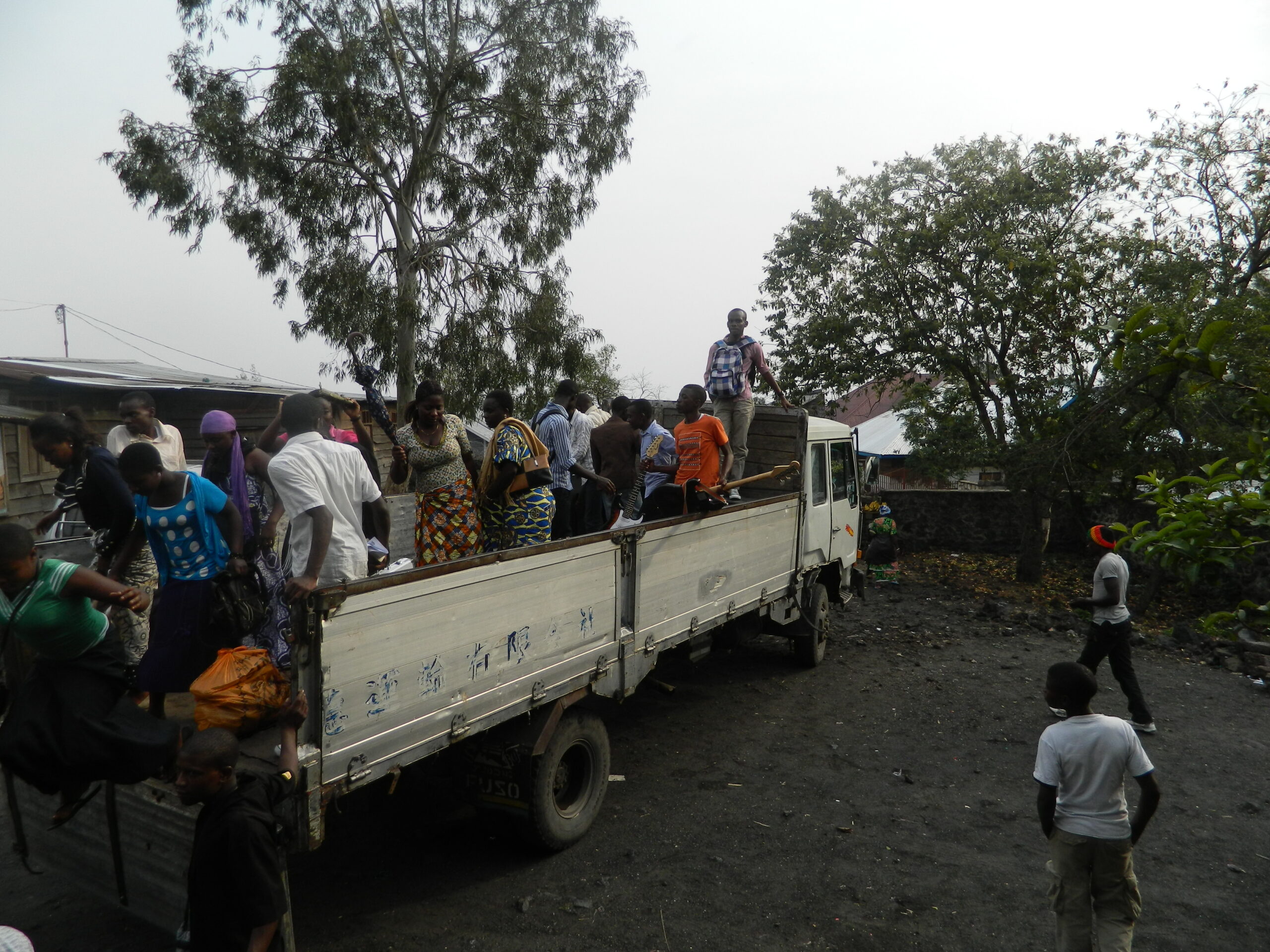 As they become proficient in self-mastery and practiced in making personal and collective gains, their social emotional health will grow, and they can then, mentor others in similar growth and development. In Swahili, Nyayo ya Makimbilio (literally “Following the Steps to Refuge.”) implies, for those who join in, that they are choosing to apply methods on a daily basis that transform their lives with the wisdom and skills that lead to personal and collective prosperity. With this faith-based effort, Makimbilio can begin to eradicate the trauma of Congolese history and extend the model's benefits to all peoples of the Great Lakes Region of Eastern Africa and beyond.
As they become proficient in self-mastery and practiced in making personal and collective gains, their social emotional health will grow, and they can then, mentor others in similar growth and development. In Swahili, Nyayo ya Makimbilio (literally “Following the Steps to Refuge.”) implies, for those who join in, that they are choosing to apply methods on a daily basis that transform their lives with the wisdom and skills that lead to personal and collective prosperity. With this faith-based effort, Makimbilio can begin to eradicate the trauma of Congolese history and extend the model's benefits to all peoples of the Great Lakes Region of Eastern Africa and beyond.


